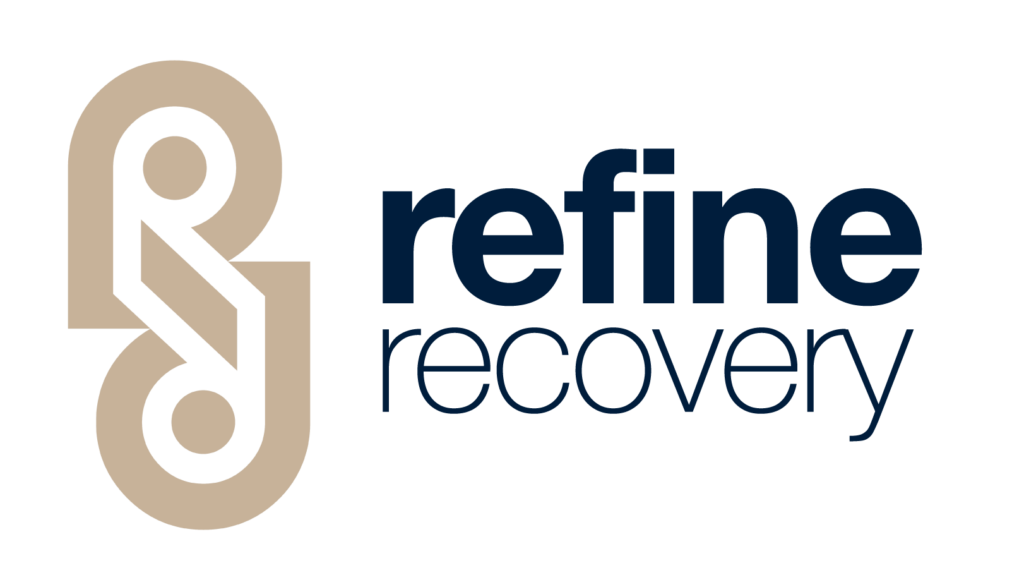Many of us have heard about the opioid epidemic and the many lives it claims every year. Seven hundred sixty thousand people have died of a drug overdose since 1999. Two out of three drug-related deaths were due to opioid abuse in 2018.
Opioids are very dangerous, and part of the problem may be that some people don’t even realize they are taking opioids. There are a variety of opioids on the market, and a doctor or dealer may not specifically tell you the category of drug they are giving you. But this information is critical as it can make you aware that you are dealing with a highly addictive drug. This article will answer the question, what drugs are opioids, so you are aware of what you or a loved one may be dealing with.
What are Opioids?
Opioids are naturally derived from poppy plants. They come in the form of a pill or capsule that is often prescribed to relieve pain. They block pain signals from the body to the brain and produce feelings of euphoria. This makes people that take them want more after the effects have worn off.
Although opioids are meant for medical use only, they are often sold on the street. Many people that are prescribed them become addicted. If they can’t get them from a doctor, they may buy them from a dealer.
Doing so is quite dangerous because now, no one controls the amount they are taking, so they are more likely to overdose. The product being sold on the street can also be mixed with more dangerous substances than the drug itself.
In some instances, people that are unable to find prescription opioids may start doing heroin. Heroin is an illegal opioid that’s a lot more dangerous than prescription varieties. It is linked to a high risk of overdose and the development of other health conditions.
Which Drugs are Opioids?
Opioids can be classified as followed:
- Prescription opioids like OxyContin and Vicodin
- Fentanyl is a synthetic opioid that’s 50-100 times stronger than morphine
- Heroin, an illegal opioid sold on the street
How Do Opioids Affect the Brain?
When opioids enter the body, they bind to opioid receptors in the brain. In doing so, they block feelings of pain that run from the brain to the nervous system. This makes them effective in providing pain relief.
Opioids also stimulate the rewards center of the brain. They boost serotonin and dopamine-producing feelings of euphoria. When they wear off, people tend to want more. This is part of what makes them so addictive.
After a while, opioids will start to produce negative effects on the brain. The rewards system will start to break down to overstimulation. This will make the person start to grow a tolerance to opioids, so they need to take more to get the same results. It will also make them excessively depressed when opioids are not in their system.
Opioids will also disrupt brain circuits involved in impulse control. This will make it difficult for the person to handle cravings for opioids. It can also cause mood swings which lead to troubled relationships and other issues.
How to Find Opioid Addiction Treatment
Because opioid addiction is such a serious issue, you can bet that there are a lot of facilities that offer treatment. But how do you find the one that’s right for you? You must consider the atmosphere, the staff-to-patient ratio, the types of treatment offered, and other factors. If you do some research, you will find that Refine Recovery checks off all the boxes for inpatient treatment in Southern California.
Refine Recovery is a luxury rehab center in Beverly Hills. We offer world-class individualized treatment, compassionate, quality care, and multiple paths to recovery. We provide a comprehensive treatment plan that includes detox and residential inpatient care. We follow up with aftercare planning in Beverly Hills to ensure you have the tools you need to maintain sobriety.
Opioids are powerful drugs that can significantly reduce the quality of life. Don’t let them get the best of you. Call Refine Recovery for the quality of care you need. Our admission staff are on hand day or night to provide you with the level of care you deserve.





